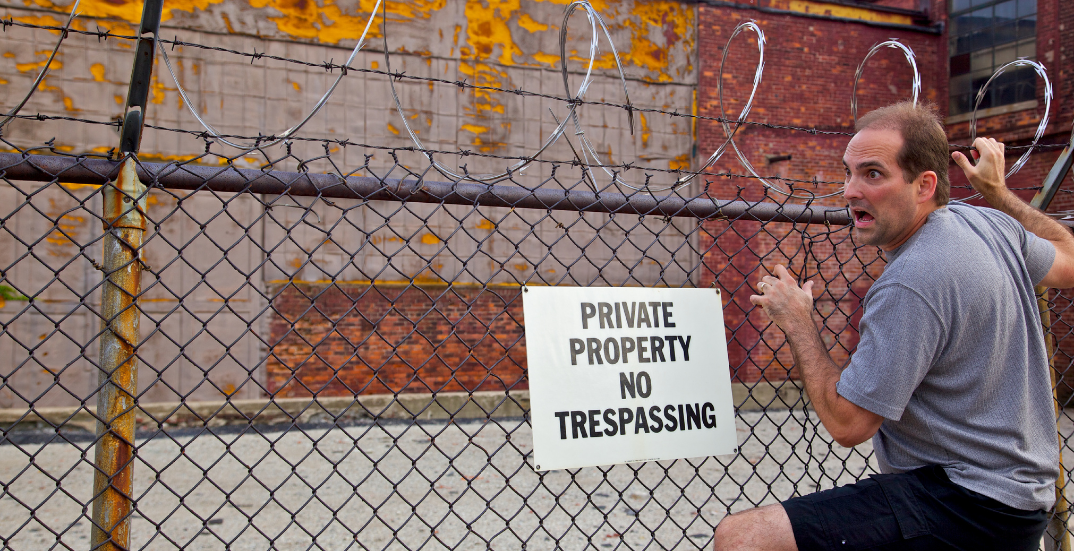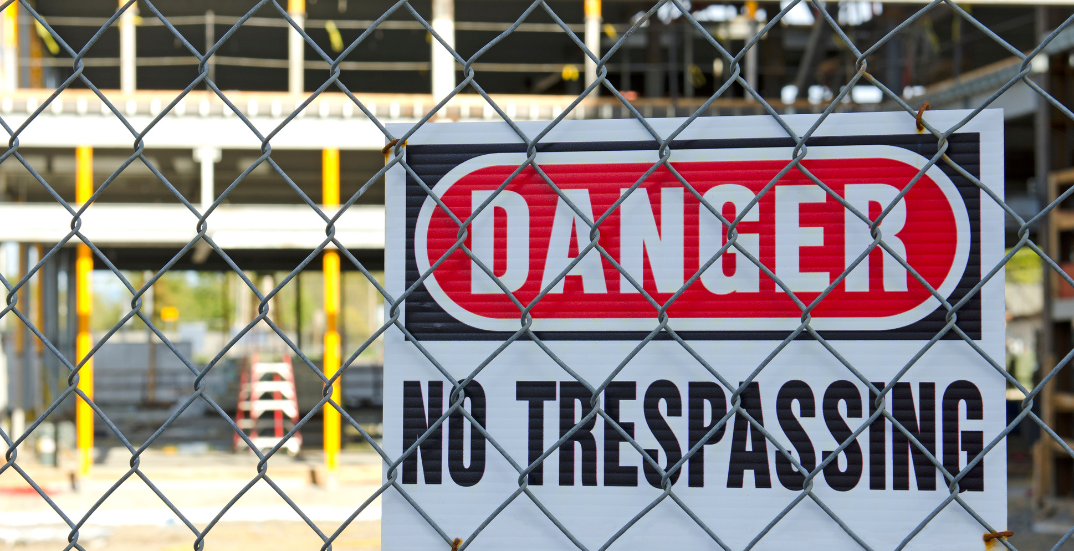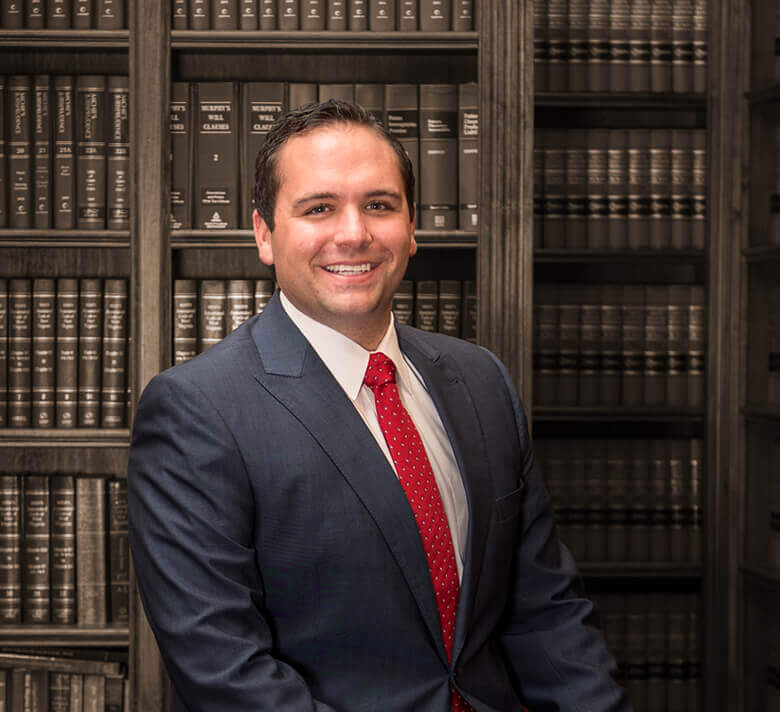
Most property owners do not worry about keeping their premises safe for trespassers. They often assume they do not owe duties of care to trespassers, who do not have permission to enter a property. Yet if an accident happens on your property and it injures a trespasser, you may face liability depending on the circumstances. West Virginia’s premises liability laws related to trespassers are complex and important to understand as a landowner.
In West Virginia, a trespasser is someone who enters or stays on someone else’s property without permission. This could be an accidental intrusion or a deliberate act. Understanding this distinction is essential for property owners and individuals alike.
West Virginia law recognizes three types of property visitors: invitees, licensees, and trespassers.
Invitees are individuals who have permission to enter a property, often through an express or implied invitation. This includes customers at a business or guests in your home. As a property owner, you owe invitees a high duty of care to ensure their safety.
Licensees also have permission to be on your property, but not by invitation. This category includes people like salespeople or unexpected guests. Property owners owe licensees a similar duty of care, though it is slightly less stringent than that owed to invitees.
Trespassers, by definition, do not have permission to enter a property. They are often seen as those who are illegally on someone else’s land. As a property owner, your obligations to trespassers are different from those owed to invitees and licensees.
Property owners in West Virginia do not owe the same level of care to trespassers as they do to invitees and licensees. However, certain responsibilities still apply.
You cannot willfully harm a trespasser. For example, setting up traps to injure someone trespassing on your property is illegal. If a trespasser is leaving your property and poses no threat, using force against them is generally unjustified.
West Virginia law restricts the use of deadly force against trespassers unless they pose a legitimate threat. For instance, if a trespasser is armed and poses an immediate danger, you may defend yourself. However, simply being a trespasser is not a valid reason to use lethal force.
The law treats minors differently. If a child under 18 years old trespasses on your property, you have a higher duty of care. This is due to the attractive nuisance doctrine, which holds property owners responsible for maintaining safety around features that may attract children, like swimming pools or trampolines. If a child is injured on your property, you could be held liable, even if they were trespassing.

Trespassing in West Virginia means entering or remaining on someone else’s property without permission. This can happen in various situations, from unintentional breaches to intentional violations.
Trespassing is generally categorized as a misdemeanor, but penalties can vary. For simple trespassing, consequences may include fines or community service. More serious offenses, especially those involving damage or intent to commit a crime, can lead to harsher penalties.
If a minor is caught trespassing, the legal response typically involves less severe consequences, such as warnings or community service. However, repeat offenses may lead to stricter penalties.
Using force against trespassers is a complex legal issue. Generally, lethal force is not justified unless there’s a reasonable threat of serious harm. Property owners should consider non-lethal methods for dealing with trespassers. Knowing the law is essential, and consulting with a legal expert can provide clarity in these situations.
Yes, a trespasser can sue for injury, but success depends on the circumstances. If a trespasser is injured due to willful negligence on the part of the property owner, there may be grounds for a lawsuit. Understanding the nuances of these legal scenarios is crucial for both parties.
While property owners owe a lower duty of care to trespassers, they can be held liable in specific situations. For example, if there are known hazards on the property that could seriously harm a trespasser, the property owner may face liability.
Consequences for minors caught trespassing often involve warnings, community service, or fines. The severity typically depends on the situation and whether any damage occurred.
If you’re injured while trespassing, seek medical attention immediately. Although trespassers have limited rights, understanding your specific situation is essential. Consulting a personal injury attorney can provide clarity on potential legal options.
Coverage for injuries to trespassers can vary based on the specific homeowners’ insurance policy. Some policies may offer protection for injuries caused by conditions covered under the policy. Reviewing your policy and consulting with your insurance provider is wise.

To reduce liability risks, conduct regular inspections of your property. This helps identify potential hazards and allows for timely repairs.
Secure areas of your property that could pose risks, such as pools or machinery. Taking preventive measures can reduce the chance of accidents.
Clear warning signs can help communicate potential dangers on your property. This simple step can also help protect you from liability.
Understanding West Virginia’s trespassing laws and premises liability is vital for property owners and potential visitors. While property owners owe a lower duty of care to trespassers, exceptions exist that can lead to liability. If you have been injured while trespassing, knowing your legal options is essential.
For property owners, understanding your rights and responsibilities is crucial. If you have questions about trespassing laws or liability issues, consider reaching out to Manchin Injury Law Group. Our experienced team is here to help you navigate these complex legal waters and ensure the best possible outcomes for your situation. Contact us today for a free consultation!

Member at Manchin Injury Law Group
Attorney at Personal Injury

Attorney Timothy Manchin established the Manchin Injury Law Group in 2011 after his law partner of more than 25 years became a West Virginia circuit court judge. His focus is on helping individual clients and entire families victimized by negligent acts.
We offer a free initial consultation at our office in the Manchin Professional Building — our home since 1983 — conveniently located in Fairmont.
If you are unable to visit our firm, we can come to your home or hospital room.
Fill out the form below to get in touch!